Type 1 diabetes (T1D) is an autoimmune disease that causes a deficit of pancreatic islet beta cells. Millions of individuals worldwide have T1D, and its incidence increases during the pandemic of COVID-19. Recent clinical trials have highlighted the limits of conventional immunotherapy in T1D and underscore the need for novel treatments that not only overcome multiple immune dysfunctions, but also help restore islet beta-cell function. To address these two key issues, Dr. Yong Zhao and his team have developed a unique and novel procedure designated the Stem Cell Educator therapy, based on the immune education by cord-blood-derived multipotent stem cells (CB-SC). Over the last 10 years, this technology has been evaluated through international multi-center clinical studies, which have demonstrated its clinical safety and efficacy in T1D and other autoimmune diseases. Mechanistic studies revealed that Educator therapy could fundamentally correct the autoimmunity and induce immune tolerance through multiple molecular and cellular mechanisms such as the expression of a master transcription factor autoimmune regulator (AIRE) in CB-SC for T-cell modulation, an expression of Galectin-9 on CB-SC to suppress activated B cells, and secretion of CB-SC-derived exosomes to polarize human blood monocytes/macrophages into type 2 macrophages. Educator therapy is the global-leading immunotherapy to date to safely and efficiently correct autoimmunity and restore islet beta cell function in T1D patients. It is highly expected that Educator therapy will achieve the expedited FDA approval under the designation of Regenerative Medicine Advanced Therapy (RMAT), due to an unmet medical need for the life-threating T1D patients.
For more information, please read the comprehensive review that is published in the peer-reviewed top immunology journal Autoimmunity Reviews on Jan. 31, 2022.
